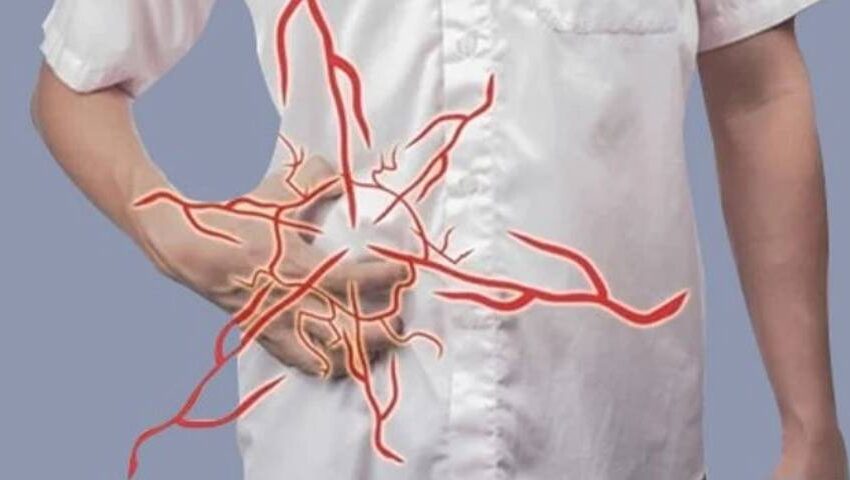
- 22/02/2021
- Dr. Samrat Jankar
- 0 Comments
- Blog
Causes of Hernia
Hernias can be congenital, which means you’re born with that hernia. They can occur in the groin, at the belly button, or anywhere along the abdominal wall. Activities can also bring on hernias.
Any activity that increases the abdomen’s pressure and causes pressure on the abdominal wall can cause a weakness in developing into a hernia. Such activities include:
- Heavy weightlifting
- Strenuous activity
- Smoking
Some medical problems can also cause a hernia:
- Chronic constipation and straining can pressure the abdomen, causing a potential hernia to open up and create a hole that allows the bowel to push into it.
- Benign Prostatic Hyperplasia or BPH can cause hernias due to straining while trying to urinate.
- Chronic cough from asthma, COPD, and other medical conditions can increase intra-abdominal pressure, causing hernias.
- Other contributing factors include peritoneal dialysis, morbid obesity, multiple pregnancies, aging, and poor nutrition. Family history can also contribute to a hernia; if your father, grandfather, or other members of your family has a hernia, you’re at higher risk for developing a hernia.
Symptoms of Hernia
Most hernias are asymptomatic, which means that you notice a bulge and you push on it, it goes back in, and it doesn’t cause you any pain or discomfort. However, when hernias become symptomatic, they should be addressed.
Common symptoms of a hernia include:
- You notice a bulge on either side of your pubic bone. It becomes more noticeable when you’re upright, and if you strain or cough
- An aching or burning sensation on the bulge
- Discomfort or pain, especially when coughing, bending, or lifting in your groin
- A dragging or heavy feeling in your groin
- A feeling of pressure or weakness in your groin
- Sometimes there is swelling and pain near the testicles when your protruding intestine descends into the scrotum
- Your hernia symptoms might become worse because of standing, lifting, or strenuous activity.
Treatments of Hernia
If your hernia isn’t disturbing and small in size, your doctor might suggest waiting, but under observation. In many cases, using a supportive truss helps relieve symptoms. But the truss needs to fit correctly, so make sure you check with your doctor. However, growing or painful hernias do require surgery to relieve discomfort and prevent other serious problems.
Hernias can become dangerous if they progress to a strangulated or incarcerated stage. An incarcerated hernia is if the protruding tissue can no longer be pushed back into place, this puts constant pressure on a person’s body, thus requiring surgery.
In case of a strangulated hernia, you will require emergency surgery because the affected area bulging through has lost blood supply. Hernias don’t go away by themselves, and if they become a strangulated hernia, they require immediate surgery.
Immediate medical care is required if your hernia is causing symptoms like:
- Constipation and Vomiting
- Fever and nausea
- Problems passing gas
- Severe pain in the hernia area
Prevention of Hernia
In most cases, hernia’s just can’t be prevented because they happen due to a mix of genetic and medical history. However, there are some things you can try to avoid and reduce the chances of hernia:
- Try to keep a healthy and balanced body weight. It will put low pressure on your abdominal wall.
- Avoid smoking
- Avoid straining when your weight lifting. Lifting weights can also put too much stress on the abdominal wall.
- Avoid straining during a bowel movement. Eat a high-fiber diet and drink a lot of water; it can relax your stool passing.
- A hernia can be different depending on the area affected and symptoms. If you find a hernia on your body, visit a hernia specialist in pune for further assessment.
If your specialist doesn’t advise surgery, they will let you know what symptoms might require emergency medical attention so you can be aware.
So, in summary, if you think you have a hernia, have it repaired, or at least evaluated. You don’t want to show up to the emergency room with an incarcerated or strangulated hernia.
